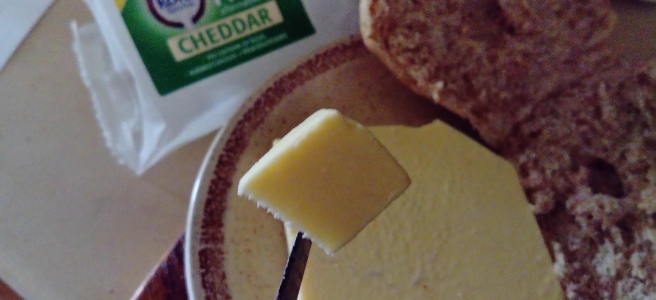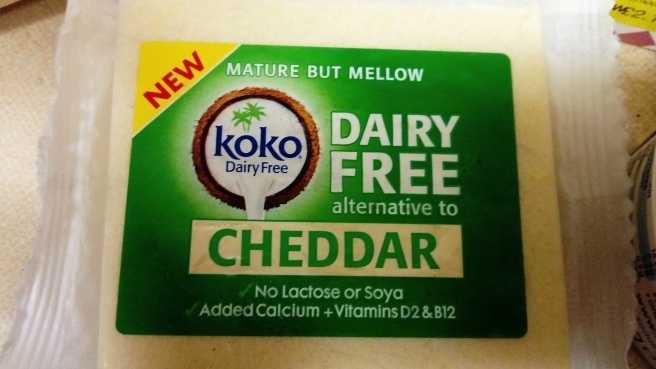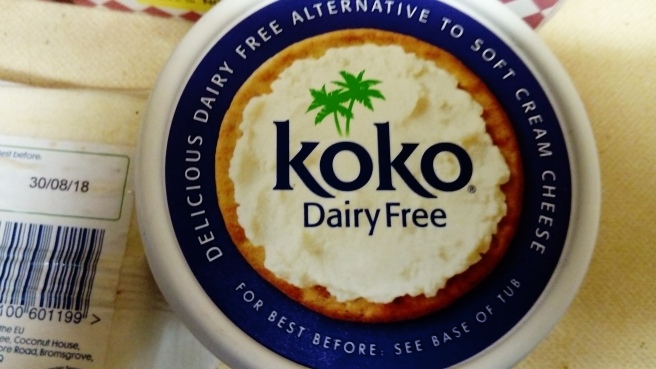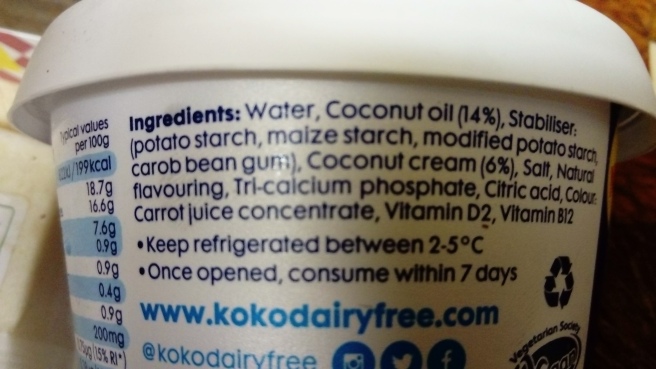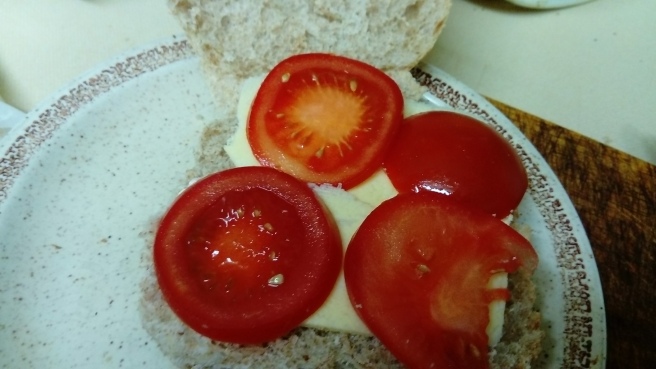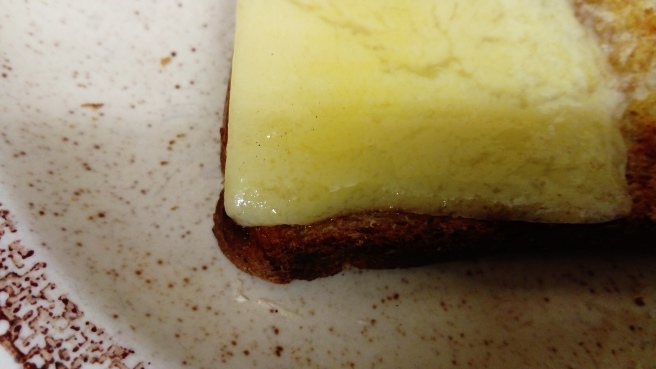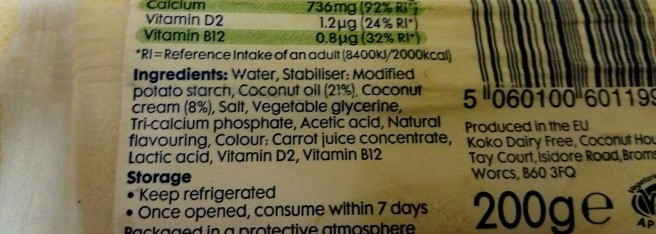When it comes to animal ingredients, the increase in the use of “suitable for vegans” label has certainly made things easier while shopping.
However, where things are not labelled in such a helpful manner, it’s the additives that make our lives more difficult – especially if, like me, you have a sweet tooth.
If you look at the list of E-numbers in food, it’s impossible to remember every single one and know exactly what they all are. And it’s quite often things like sweets that they’re likely to live inside – things that are more likely to lack informative labelling.
Thankfully, the list of definitely animal-derived E-numbers is relatively short. Sadly, the same cannot be said for the “might be animal-derived” list – which can make things a bit tricky.
The ones to definitely avoid are:
E120 – Carmine Dye – it comes from crushed up Cochineal Beetles and is used as a red food dye.
E441 – Gelatine – from ground animal bones and skin – one to look out for in sweets.
E542 – Edible Bone Phosphate – What it says really, ground up animal bones that helps keep food moist.
E901 – Beeswax – Used as a glazing agent – it’s wax made by bees.
E904 – Shellac – Another glazing agent – this time secreted by the Lac Bug
E913 – Lanolin – sheep wool grease – lovely right? It’s often used as Vitamin D3 (confusingly, there are vegan sources of that too). Look out for it in make-up, vitamin pills and anything fortified too.
E910, E920 and E921 – L-cysteine – You can find these evil triplets in bread. It’s made from animal hair and feathers (yummy, right?). Apparently, they’re used as a proving (or raising) agent”
E966 – Lactitol – As its name suggests, this one comes from milk. It is often used as a sweetener.
This list of those which may be animal-derived is much more extensive – hence why things become so complicated.
E101/E101a, E104, E153, E160a, E161b, E161g, E236, E237, E238, E252, E270, E304, E322, E325, E326, E327, E422, E430 – E436, E442, E445, E470a & b, E471, E472a-f, E473 – E77, E479b, E481 – E483, E491 – E495, E570, E572, E585, E627, E631, E635, E640, E920, E966, E1105, and E1518.
A lot of them isn’t there? A rule of thumb would be to air on the side of caution if there’s no vegetarian/vegan label – it can also help to look at the allergens list as many would fall under that category. There is also a good guide to E-numbers at http://ukfoodguide.net/enumeric.htm
One of the alarming things which come from looking at that list is the number of E-numbers banned in certain countries. That, to me, suggests that avoiding them altogether – whether animal-derived or not – may not be a bad thing. There is certainly evidence that many of them provoke adverse reactions in some children and adults.


